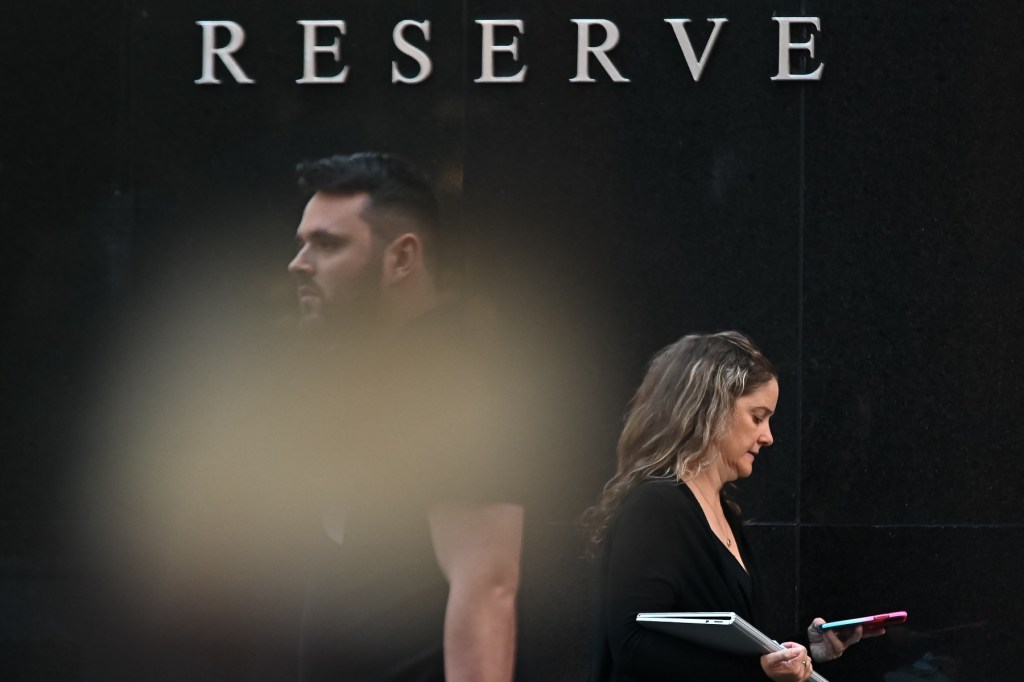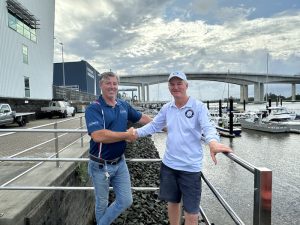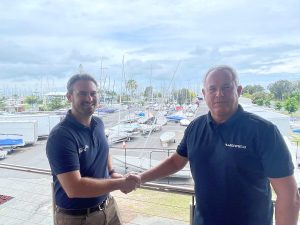Sustainability: translating willingness into action

- by Admin
- August 20, 2024

Around 70 per cent of respondents also reported having a sustainability plan.
For Kelvin Wong, Commercial leader electrification, ABB in Australia, translating this willingness into action represents the next challenge for Australian businesses.
“Change is needed for the country to meet its emissions targets in 2030 and 2050, and for Australian businesses to remain competitive in a global economy that is decarbonising fast,” says Wong.
“Competitors already know there is a commercial benefit – indeed, a commercial imperative – to preserving resources, reducing energy consumption and total cost of ownership.”
He says that critically any organisation must consider its own unique business pain points to make any real progress on sustainability.
“In an economic environment marked by high costs and labour shortages, Australian businesses need sustainability solutions that can create competitive advantage by addressing these business challenges,” Wong says.
“Sustainability goals and initiatives should not be viewed as a cost – they are a sound investment in a business’s future.”
To achieve this, he adds, leadership will be paramount.
The survey showed that while 51 per cent of C-suite and owner-directors ranked sustainability as highly important, this was not reflected across the entire workforce.
Going forward, he says, consensus-building is the next piece in the puzzle.
“Leaders can advocate and set the direction, but it needs the entire workforce’s buy-in to turn any plan into a reality,” according to the ABB survey. “Be consistent and regular with your communication and ensure that your people are clear on what they need to do day-to-day to contribute to overall goals.”
Luke Menzel, chief executive officer of the Energy Efficiency Council, says the first requirements for mandatory Climate Related Financial Disclosure (CRFD) commencing January 1, 2025, will likely be a game changer for Australian businesses.
“In Australia this new framework will see companies disclosing a raft of climate-related information alongside their annual report, including their annual emissions, internal governance and processes around managing climate risk, and their overarching transition plan,” Menzel says.
While these requirements may be new in Australia, they are becoming common overseas.
“Governments and regulators are increasingly aware that a company’s approach to managing climate risk is material information that should be provided to investors,” he says.
Initially these regulations will only apply to very large companies, but by 1 July 2027 any listed or unlisted company that has a consolidated revenue of $50 million or more; consolidated gross assets of $25 million or more; or more than 100 employees will need to disclose their approach to climate risk.
Eventually, Menzel says, even companies below these thresholds will feel the changes.
“In time, companies subject to CRFD will be required to disclose emissions in their supply chain, which means smaller companies that sell goods and services to these larger companies are likely to be quizzed on their emissions, and their plans for cutting them over time.”
However, for organisations with robust emissions reduction plans already in place, he adds this new disclosure regime is likely to provide a level playing field on which they can demonstrate their net zero bona fides.
“It is a big job, but CRFD should make it a lot easier,” he says. “It will ensure companies have clarity around internal accountability, reliable, year-on-year emissions data to track progress and robust transition plans.”
Based on the survey, ABB sets a series of recommendations for accelerating sustainable progress for Australian businesses: firstly, set sustainability targets and align them with business goals; secondly, invest in technology to automate and optimise; and thirdly, embed sustainability across the organisation to ensure everyone understands its importance.
Ultimately, working with a sustainability partner such as ABB can provide guidance on best practices by shining a light on electrification and/or industrial and commercial solutions that have worked for businesses both in Australia and overseas.
“(Sustainability) is often used as a buzzword for companies across the globe, but if we are to preserve the world as we know it, it’s also a business imperative and a practical necessity.,” says Wong.
To download a copy of ABB’s latest survey, Progressing Sustainability in Australian Business, please visit here.
The Latest News
-
December 25, 2024Australia to bat first at MCG in Boxing Day heat
-
December 25, 2024Golf Participation in Australia Hits New Heights – APGC
-
December 25, 2024Boxing Day Test: Australia batting first against India
-
December 25, 2024Live: Fearless Konstas makes wild start to Test debut as Australia bats first at MCG
-
December 25, 2024Boxing Day Test 2024: Australia vs India fourth men’s cricket Test, day one – live updates



